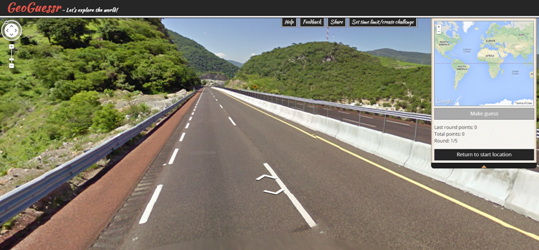Traveling for pleasure or business, catastrophes can always arise; and while we all know the option for travelers insurance exists it’s not uncommon to still avoid it. For starters, there are always the horror stories, about how someone’s plan didn’t even pay out when it was needed, or it was only a waste of money (typically costing between 4-8% of the total trip cost) because nothing bad happened anyways! Yet the moment something does go wrong, having a good travelers insurance plan can make the whole ordeal much smoother, not to mention less expensive. Plus, picking your plan wisely can save you tons—granting you a suitable plan for a fraction of the cost.
1. Types of Travelers Insurance
Travelers insurance is not a one-size-fits-all type deal; there are many different levels of coverage offered and depending on associated risks and circumstances, needs vary greatly.
 Trip Cancellation, Interruption, Delay Insurance: This is the closest to all-inclusive travel insurance that you can get; if unable to go on the trip you will be refunded, and if calamity strikes while vacationing, you will have medical and evacuation coverage too.
Trip Cancellation, Interruption, Delay Insurance: This is the closest to all-inclusive travel insurance that you can get; if unable to go on the trip you will be refunded, and if calamity strikes while vacationing, you will have medical and evacuation coverage too.
Medical Insurance: Your health is of most importance, but most health insurance brands do not cover injuries or issues that occur overseas, therefore it can change your life, and future bills, to have medical travel coverage while you are vacationing. Incredibly inexpensive, someone in their 50’s might pay $40 for 2-weeks of health coverage worth $50,000. One can also buy a separate policy for medical evacuation, such as an airlift home, which can cost $100,000+.
Baggage Insurance: Basic baggage insurance will protect your luggage in the instance it is lost or stolen, granting up to $2,5000 in reimbursements.
Before deciding on what type of coverage you need, check first with your priority insurance(s) to see which areas (if any) you are already covered on, that way you don’t double-pay for insurance.
2. Look Out For Cancellation Waivers
Look out for cancellation waivers, many of these sell for around only $50 but in the instance you have to cancel your trip at the last minute, say a few days before you are scheduled to leave, which is most often the case, it is unlikely you will be granted any money back. They also don’t return all pre-paid money; instead they simply stop any pending payments from going through and offer you a free trip voucher.
3. Don’t be Over-Insured
Insurance plans offer a ‘cancel for any reason’ upgrade, allowing a traveler to cancel their trip at any time, for any reason, and still get their money back—this seems logical, if you’re going to pay for insurance might as well make sure you are covered for every reason there is—right? Think again; most comprehensive plans include cancelation insurance for nearly every reason you could think of, unless some very strange circumstances are suspected to arise it’s not worth the 50%-100% markup a ‘cancel for any reason’ plan comes with.
Often people pay too much for travel insurance by getting themselves over insured, prepared beyond what’s even necessary. For instance, the costs of medical aid or evacuation in an emergency might be high, but it’s unlikely to reach over $500,000; therefore having a plan that covers beyond that might only add unnecessary costs to your premiums.
4. Read, and Re-Read, Policy
Understand the policy in great detail before agreeing to anything. Going through third-party sights like Expedia might seem like the financially savvy thing to do but the policy details outlined on these sites tend to be vague, confusing, and presented in a way that turns people off from actually reading the terms. When buying insurance from an actual agency you are more likely to get what you need because it’s easier to understand the policies offered.
When reading over any policy, look carefully for loopholes and exclusions; if something doesn’t seem right, it probably isn’t. Being unable to cash out on insurance because of hidden exclusions one failed to notice is one of the worst, and most frustrating, realizations. Also, make sure you actually need coverage on everything detailed within a policy, if it covers something you don’t need you can have the plan adjusted. Often, plans include car insurance but perhaps your regular auto insurance already covers you while traveling, or you don’t plan to be driving anyways, in which case, your premium will be reduced because you are decreasing your liability.


 Trip Cancellation, Interruption, Delay Insurance: This is the closest to all-inclusive travel insurance that you can get; if unable to go on the trip you will be refunded, and if calamity strikes while vacationing, you will have medical and evacuation coverage too.
Trip Cancellation, Interruption, Delay Insurance: This is the closest to all-inclusive travel insurance that you can get; if unable to go on the trip you will be refunded, and if calamity strikes while vacationing, you will have medical and evacuation coverage too.


 Entries (RSS)
Entries (RSS)